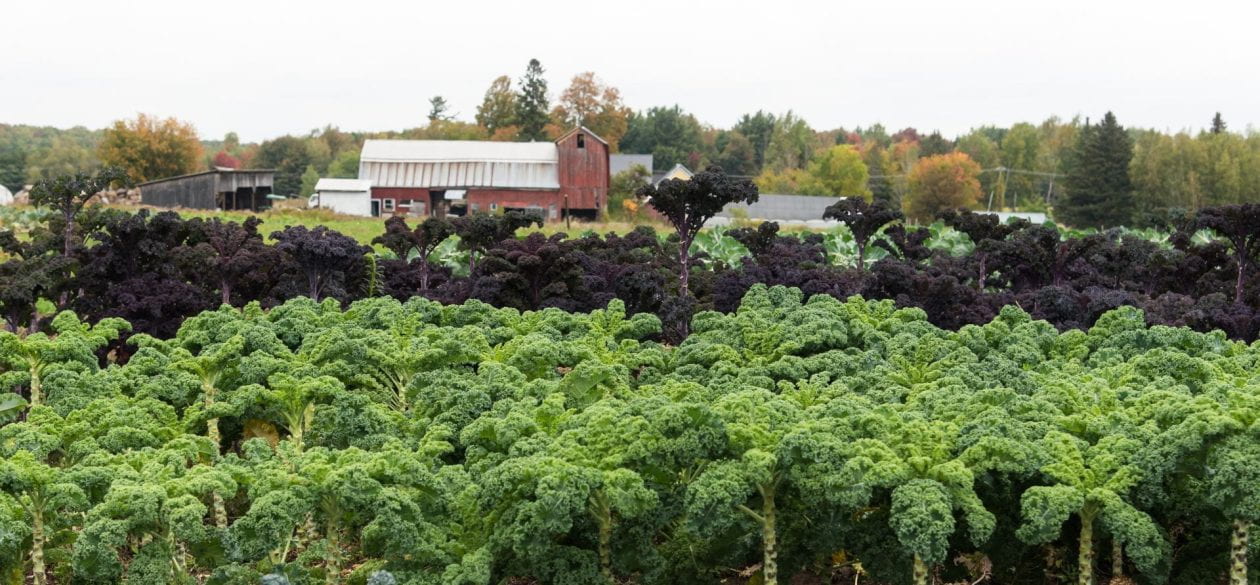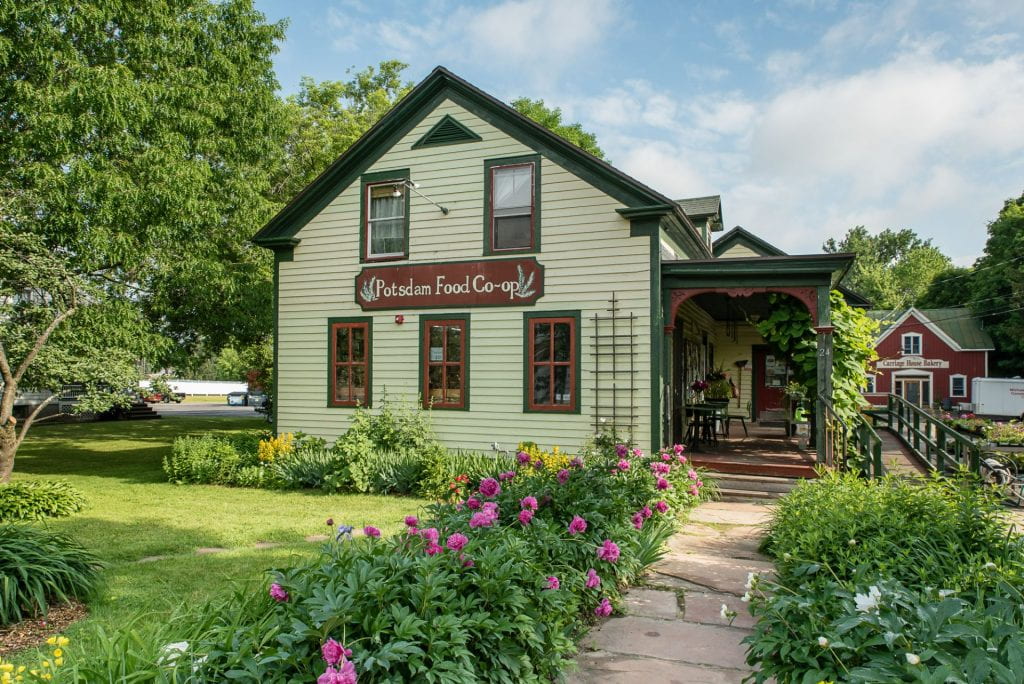The start of the growing season looms near and with a shudder I imagine the vicissitudes that our farm’s early season plants will face. In the third week of April we will have onions ready to transplant in the field, as well as the first succession of broccoli and kale. April through May in the North Country is pretty consistently a miserable time for vegetable plants. Transplants that began their life in our warm greenhouse, even after judicious hardening, go on strike when set in wind strafed fields of cold soil. Early direct seeded crops are slow to germinate and once sprouted grow reluctantly. Cold soil means low nutrient availability so organic growers often struggle to feed spring crops sufficiently. Spring here is also marked by frosts, violent winds, wild swings in temperature, cutworms, flea beetles, ravenous post-hibernation woodchucks and in several recent spring seasons, long periods with little to no rainfall.
What does a gardener do? Occlude. This is the fancy term for covering or otherwise keeping your plants from direct contact with the savage realities of life outdoors. We cover acres of our early crops with row cover, a lightweight fabric that allows air, light and water to pass but not insects. Row cover warms the soil beneath and so encourages growth of your crop – as well as weeds. Even old, torn stuff works well to keep out dumb insects like cucumber beetles, but if you are trying to keep out clever pests like Leek Moth, Colorado Potato Beetle and Flea Beetle you will need undamaged covers and then carefully and completely seal the edges with soil. In my experience, woodchucks tend to leave covered crops alone.
Row cover is not always helpful with wind. When laid over wire or PVC hoops it can protect your plants from moderate winds but when a serious blow arrives, the whipping and tossing covers can thrash your plants. The expensive row cover itself is at risk in high winds. More than once, we have laid out several thousands of dollars worth of row cover and within days had to haul it to the dump after being shredded in a tempest. It is always true, but especially in the spring, that a gardener should keep an eye on the weather. Another challenge of row cover is the way it hides the plants from sight. To investigate what is going on underneath you have to unfasten and lift an edge of the cover, stoop and peer in, making it harder to casually and regularly keep an eye on the crop. Read more Spring Moon Colony at Kent Family Growers

